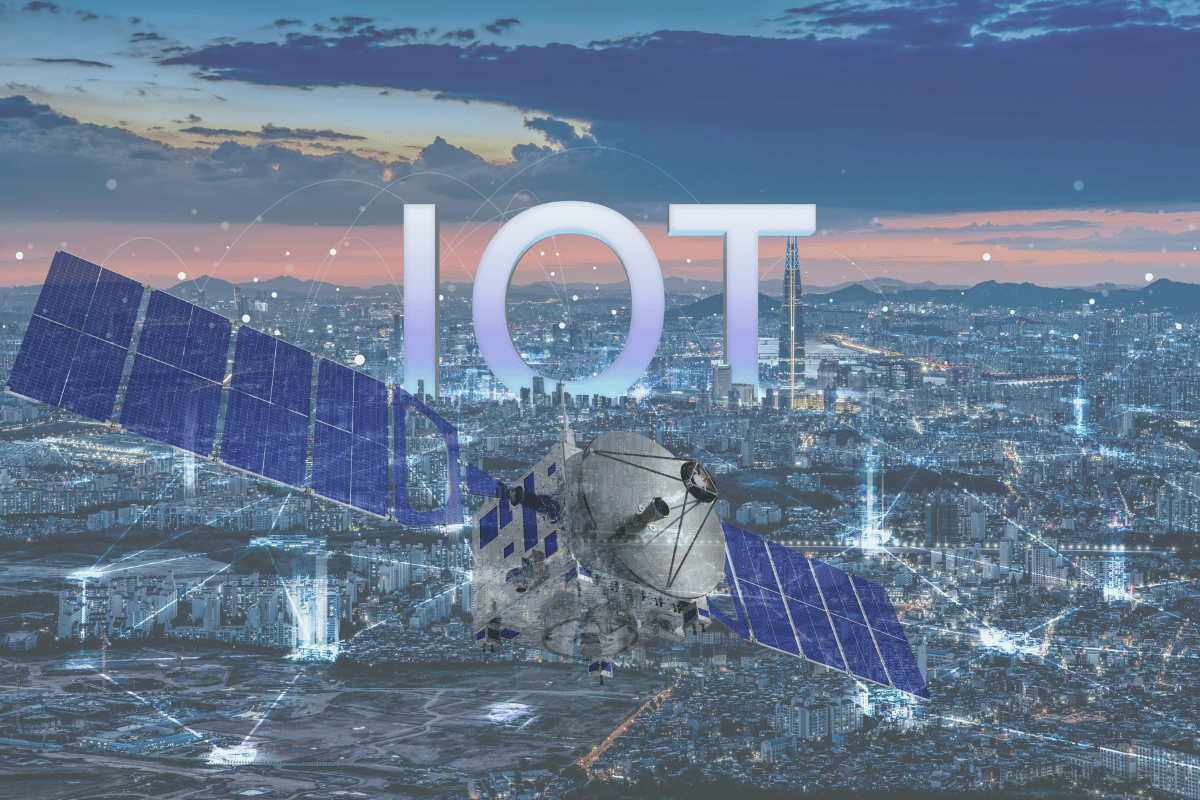Rocket Lab Launches Kinéis IoT Satellites for Global Connectivity

Rocket Lab’s Electron rocket has once again showcased its prowess by successfully delivering five Kinéis IoT satellites into orbit. The launch took place from Mahia, New Zealand, marking a critical step toward realizing Kinéis’ goal of deploying the first European satellite constellation dedicated to global IoT connectivity. The implications of this launch for the tech world, particularly for the Internet of Things (IoT) sector, are profound and far-reaching.
IoT Satellites for Global Connectivity
The concept of the Internet of Things (IoT) has long promised to revolutionize industries by enabling seamless data exchange between connected devices. However, many IoT devices have been limited by their reliance on terrestrial networks like WiFi and Bluetooth. This dependence restricts IoT connectivity to areas where such networks are available, leaving vast remote regions without coverage.
The Kinéis IoT satellite constellation changes the game by ensuring that connected devices can transmit and receive data from virtually anywhere on the planet. By leveraging satellite networks, IoT devices will no longer be confined to urban areas or regions with strong network infrastructure. Instead, they can function even in the most remote and challenging environments, from deserts to oceans to the polar regions.
This global connectivity is a critical advancement for industries like shipping, agriculture, and environmental monitoring, where IoT devices need to operate in far-flung locations. With the Kinéis constellation in place, companies can deploy IoT solutions on a truly global scale, significantly broadening the range of potential use cases for this transformative technology.
Revolutionizing IoT
The successful launch of the Kinéis IoT satellites aboard Rocket Lab’s Electron rocket highlights Rocket Lab’s growing role in the evolving space economy. Known for its flexibility and precision, Rocket Lab’s Electron is ideally suited for launching small satellites into specific orbits. For Kinéis, this is essential, as each batch of satellites is being placed in different orbital planes to ensure comprehensive global coverage.
With this mission, Rocket Lab is conducting the second of five planned launches for Kinéis, a partnership that will see a total of 25 IoT satellites in orbit by mid-2025. This precision in satellite placement ensures the constellation can provide continuous coverage, even in remote areas where traditional networks fall short. For Kinéis, Rocket Lab’s contribution has been vital, enabling them to offer reliable global IoT connectivity, which is expected to revolutionize how connected devices operate across the globe.
Once fully operational, Kinéis’ constellation will enable IoT devices to communicate through satellite links, completely bypassing the limitations of terrestrial networks. This opens up a wealth of new possibilities for businesses and industries that rely on real-time data collection and monitoring in remote locations.
For instance, in the maritime industry, IoT-enabled sensors can now monitor ship locations, cargo conditions, and environmental data in real-time, no matter how far the vessel is from shore. Farmers in isolated regions can use IoT devices to track livestock, monitor soil conditions, and manage irrigation systems without relying on nearby networks. Environmental organizations can deploy IoT sensors to track wildlife or monitor climate data in some of the world’s most inaccessible regions.
Kinéis’ ambitious goal is to capture 30% of the global IoT market, and their satellite constellation is a key driver behind this ambition. By providing a global IoT network that is not bound by the limitations of terrestrial infrastructure, Kinéis is positioned to become a leading player in the IoT space.
Their strategy involves offering satellite-based IoT services at a competitive rate, enabling more industries to adopt this technology. As more businesses recognize the value of real-time, global IoT connectivity, the demand for Kinéis’ services is likely to soar. The company's technology will be particularly attractive to industries that rely on seamless, uninterrupted data transmission, such as logistics, oil and gas, and environmental monitoring.
The Future of IoT and Satellite Connectivity
As Rocket Lab continues to launch IoT satellites, the implications for the tech industry are profound. The ability to provide consistent IoT connectivity on a global scale paves the way for innovative solutions and business models that were once beyond reach. The success of the Kinéis constellation will likely spark further investment and development in satellite-based IoT systems, pushing the boundaries of what’s possible in terms of connected devices.
This new era of satellite-driven IoT will not only enhance business operations but will also contribute to more sustainable and efficient resource management, from agriculture to transportation. As Kinéis and Rocket Lab continue their partnership, the future of IoT is set to become more inclusive, connected, and powerful.
Want to Stay Ahead in the IoT Revolution? Stay updated with the latest news and innovations in IoT and satellite technology by visiting our website.




